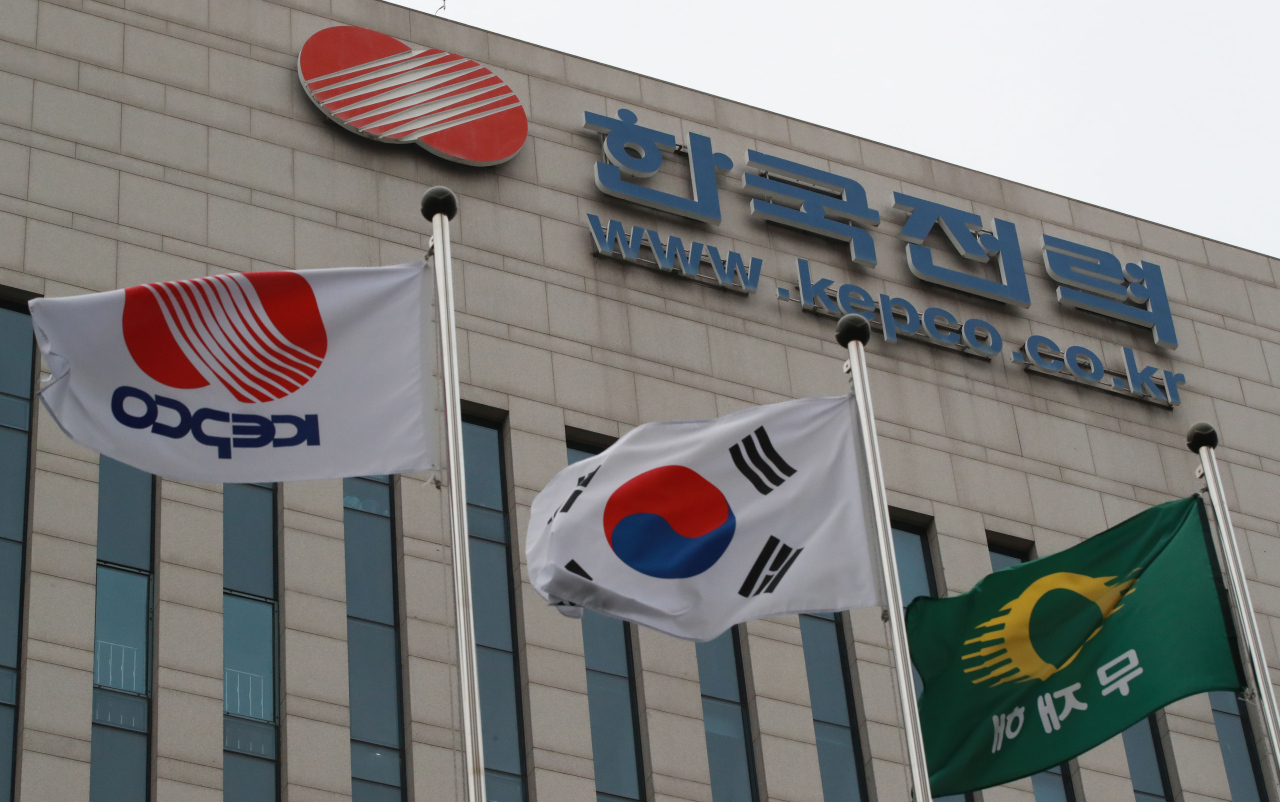Korea’s electricity sales to dip similar to during 1998 financial crisis
By Kim Byung-wookPublished : Sept. 1, 2020 - 16:57

Due to the prolonged coronavirus outbreak, South Korea’s electricity sales are projected to shrink 3.3 percent this year compared to a year prior, signaling the worst retreat in demand since 1998, according to a research body under Korea Electric Power Corp. on Tuesday.
Kepco Management Research Institute said Kepco’s electricity sales volume this year is expected to suffer a negative growth of 1.8 to 3.3 percent on-year, its second-worst figure next to minus 3.6 percent in 1998 when the country experienced an economic meltdown in the aftermath of the Asian financial crisis.
All electricity in Korea is purchased by Kepco at wholesale prices and then distributed to customers at retail.
“Remote work is expected to increase the electricity sales for households 4 to 4.6 percent this year, but due to the economic downturn, sales for general and industrial customers will likely see negative growths of 1.2 to 3.1 percent and 3 to 5.1 percent, respectively,” a Kemri official said.
Since Kepco began compiling data in 1961, Korea has seen contractions in the electricity sales volume only twice in history, in 1998 and 2019.
Kepco’s electricity sales volume was 520.5 terawatt-hours last year. Kemri estimates that this year’s figure will fall between 503.1 terawatt-hours and 511.2 terawatt-hours.
As a result, Kepco’s revenue from electricity sales, which stood at 56.6 trillion won ($47.3 billion) last year, is expected to drop to between 55.5 trillion won and 56.1 trillion won this year.
Despite the projected fall in electricity sales and revenue, low oil prices are expected to guarantee Kepco’s profitability.
In the January-June period, Kepco’s electricity sales dipped 2.9 percent to 252.3 terawatt-hours on-year and its revenue from the electricity sales decreased by 200 billion won. However, Kepco managed to stay in the black, as cheap oil prices drove down the fuel price and allowed the state utility to cut costs of 2.6 trillion won in the period.
By Kim Byung-wook (kbw@heraldcorp.com)









![[Kim Seong-kon] Democracy and the future of South Korea](http://res.heraldm.com/phpwas/restmb_idxmake.php?idx=644&simg=/content/image/2024/04/16/20240416050802_0.jpg&u=)







![[KH Explains] Hyundai's full hybrid edge to pay off amid slow transition to pure EVs](http://res.heraldm.com/phpwas/restmb_idxmake.php?idx=652&simg=/content/image/2024/04/18/20240418050645_0.jpg&u=20240418181020)

![[Today’s K-pop] Zico drops snippet of collaboration with Jennie](http://res.heraldm.com/phpwas/restmb_idxmake.php?idx=642&simg=/content/image/2024/04/18/20240418050702_0.jpg&u=)